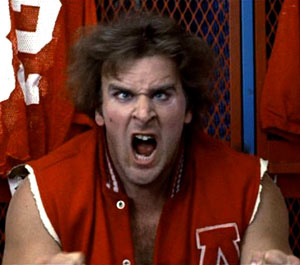No, you can de-interlace one interleaved frames (at 480i) to two progressive frames (at 240p), and this does indeed double your frame count. Yes it halves your resolution; that was implied.
Whether this is an appropriate transformation depends on the kinda source signal you're using, but from a video game system like the NES, it's a perfectly acceptable way to get 60fps video. (We're at chipmusic.org so I presume it might be a retro video game source.)
Edit: just tested it out with VirtualDub's de-interlace filter on some old footage I had from it. Looks great. Nice smooth 240p 60fps NES footage. Nicer than it looked on my LCD TV, which only does 480i.
Last edited by rainwarrior (Apr 24, 2013 11:02 pm)


